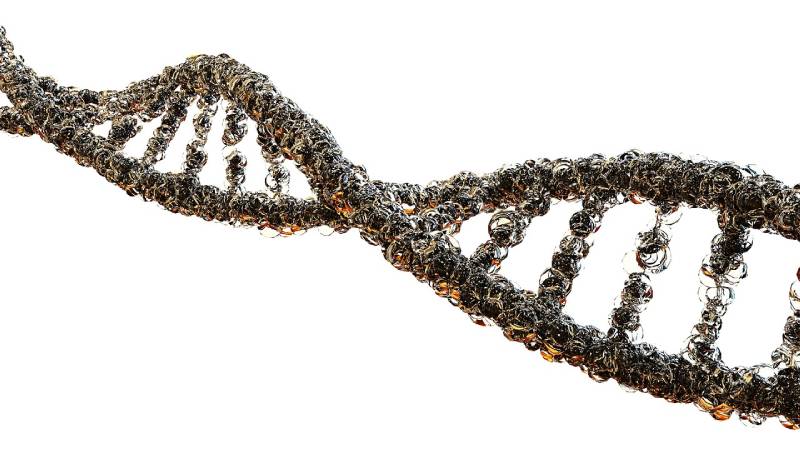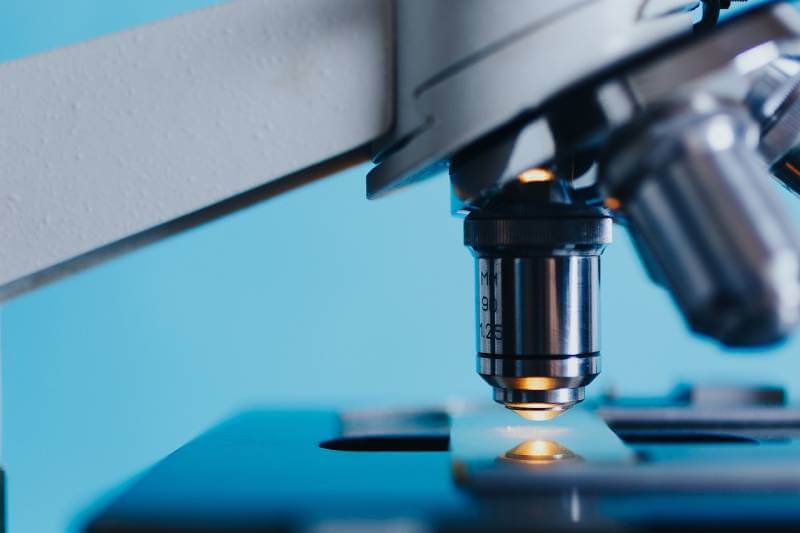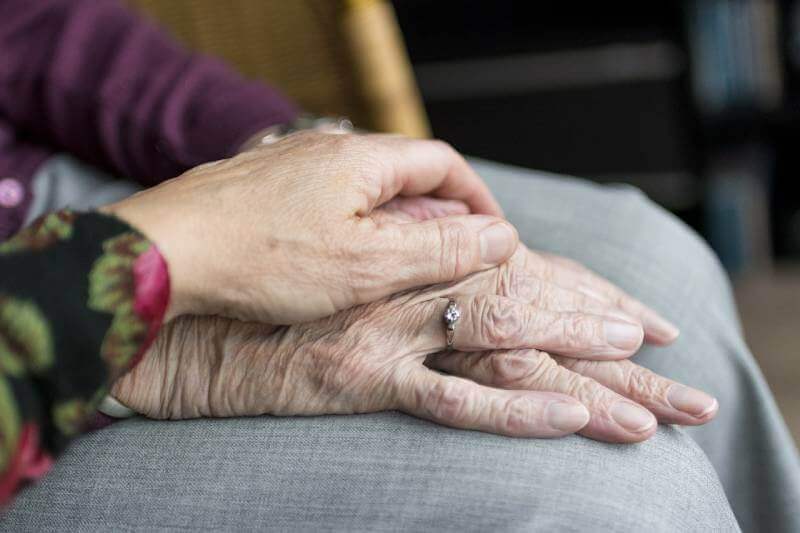The age difference between an astronaut and a civilian is slight, but it is a phenomenon that causes enough change to be noticed. Time is relative, and the quirk of relativity comes into play when we send human beings beyond our usual confines.
Time dilation is predicted to be the effect that causes astronauts to age slower. Time dilation was predicted by Albert Einstein’s theory of relativity, which suggests that time appears to move slower in a gravitational field or in a region of high velocity. Since objects in space are in a state of constant free fall, a spacecraft or rockets will experience microgravity and are in a perpetual state of motion. Due to this effect, time moves slower for a crewed spacecraft than it would for people on Earth.
To answer the question, yes, astronauts age slower in space, but this leaves us with another question to answer: how did scientists discover this phenomenon?
How Did Scientists Discover This Phenomenon?
At the University of California, the Berkeley Public Health Department published a full report written by Jamaji Nwanaji-Enwerem and Professor Andres Cardenas. The student and professor duo detailed that, on an epigenetic level, astronauts age slower during their time in space.

Certain environmental stressors like cosmic radiation, microgravity, and isolation can all impact a person’s aging. Several studies conducted on astronauts who have been in space long-term often ONLY measure aging biomarkers like telomere length and heart rates. Nwanaji-Enwerem and his team took these studies a step further and began measuring epigenetic aging, one being DNAmPhenoAge, a disease marker, and DNA mGrimAGE, a predictor of mortality risk. Their findings showed that long-term space missions lead to slower aging processes.
What Makes Astronauts Age Slower in Space?
Many institutions believe that astronauts age slower in space, not because they have gone back in time, but because of the relativity of time. This occurrence comes into play due to the speeds at which astronauts travel in space.
The difference in time onboard the International Space Station versus someone Earthbound is minuscule but noticeable enough for the clocks onboard to be adjusted accordingly. The difference between those aboard the ISS and those whose feet are planted on Earth is only about 0.005 seconds less.
What Are the Health Repercussions of Long-Term Space Travel?
Despite astronauts’ aging rate being slowed fractionally, they are facing some serious health effects resembling various age-related disorders. Growing older can take a toll as the body begins to decline. Brittle bones, shrinking muscles, loss of strength in the immune system, and other ailments such as arthritis can set in. Several papers published on the subject look at the health hazards long-term space travel implicates. Many of these studies show that space travel alters gene and cell functions and the chemical balance within cells.

Due to the microgravity atmosphere, the heart, bones, and muscles are not required to do as much work as they would on Earth, thus causing them to weaken over time. Fluid-filled tissues are at risk of changing shape because liquid flows far differently in space. If that was not enough of a health scare, then cosmic radiation that can cause DNA damage and increase cancer risks is definitely scary enough.
Scientists estimate that the heart, bones, muscles, and blood vessels deteriorate approximately ten times faster in space. Michael Roberts, the interim chief scientist of the ISS National Laboratory, reported to National Geographic that space alters different cell types in unusual ways. Roberts explains that this is due to the “long-term, chronic, and persistent” exposure. Essentially, space forces the body to do a hard reset so that it can function at an optimal level.
Conclusion: Yes, Astronauts Age Slower in Space
But they are at risk for age-related ailments and complications. It seems a little backward, indeed, but many forget that environmental stressors, even on Earth, can increase the body’s aging. An astronaut’s job is incredibly dangerous and stressful without the health hazards included, but their work is crucial. Without astronauts, we would have extraordinarily little understanding of what space is actually like.

